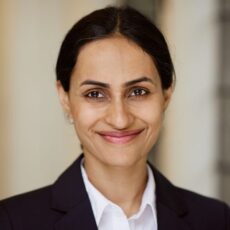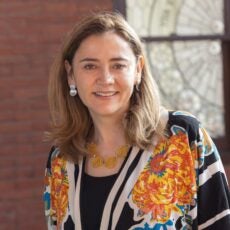Watch the recording.
Unpacking India’s Energy and Carbon Future
Event Summary
This presentation aims to unpack India’s future energy and emissions trajectory in two ways. First, it puts forth a synthesis of recent modelling studies to more accurately delineate India’s future energy and carbon projections. The synthesis suggests that a doubling of CO2 emissions by 2030, from 2012 levels, will be the likely upper bound of the country’s emissions, and that this trajectory is consistent with its Paris Agreement pledge. Yet, the actual course within this bound remains considerably uncertain. In order to explore the conditions that will shape future emissions, the second part of the presentation focuses on energy demand. It establishes that residential electricity will be both a driver of future energy needs and also be central to demand-side mitigation. Based on surveys undertaken in 2016-17, the presentation provides new empirical evidence for the changing nature of household energy consumption. Specifically: the transition to energy efficient lighting; the appliances bought as income levels rise; and the role of behavior in determining electricity consumption. In sum, the presentation argues that while the scale of India’s energy and emissions growth is unprecedented, its impending transitions provide a window to lock-in low-carbon and equitable development.
Join the Kleinman Center for Energy Policy and the Center for the Advanced Study of India as we welcome 2017-2018 visiting scholar Radhika Khosla for this Policy Luncheon. Lunch will be provided!
View the Presentation
Unpacking India’s Energy and Carbon Future
Radhika Khosla
Radhika Khosla
Research Director, Oxford India CentreRadhika Khosla is the research director at the Oxford India Centre for Sustainable Development. In 2017-2018 she was a visiting scholar at the Kleinman Center.
Angela Pachon
Special AdvisorAngela Pachon is a special advisor to the Kleinman Center, in charge of designing and overseeing international programs and teaching. She was previously the Center’s research director.


